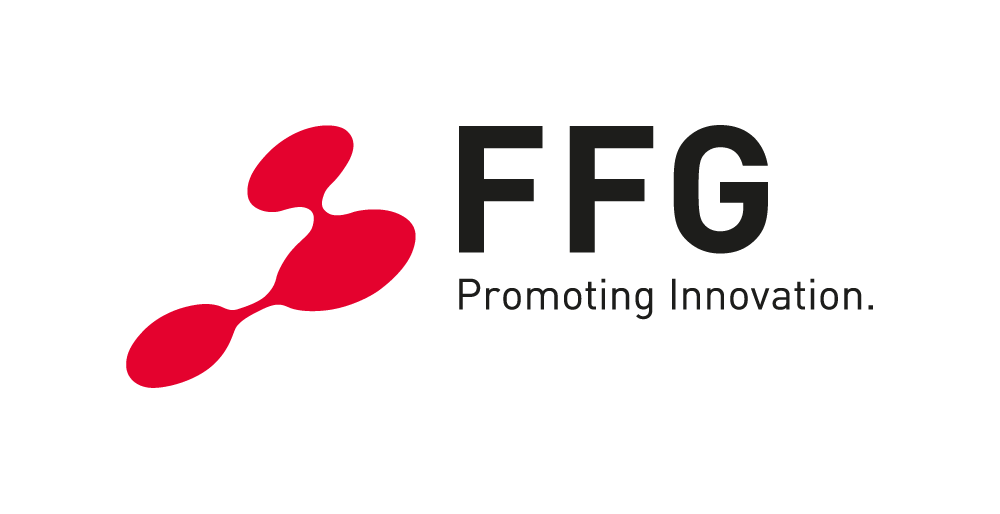DIANA
Digital Intelligent Assistant for Nursing Applications
Supporting caregivers of people with cognitive impairments through smart IT technologies

Objectives
The objective of DIANA is to improve the life and safety of mild to severely cognitive impaired persons 65+ while assisting nurses and care givers by providing novel technological solutions. The enabling technology will analyse action and behaviour changes while ensuring data privacy. Furthermore, the project will study innovative ways how our data can be seamlessly integrated into the nurses working routine with the goal to free valuable time for personalized care. For mild to medium impaired persons the project is going to research means how to assist and guide people in activities of daily living. A first activity where this will be tested focuses on toileting. DIANA has the unique goal of increasing people’s autonomy and digitizing nursing assistance in this highly challenging area.
Technology
DIANA is built upon a smart, non-wearable 3D sensor (1 per room, mounted on the wall) powered by patented AI algorithms for behavior monitoring. Its powerful on-board processing capabilities provides flexibility and allows to continuously update the system and provide new features. The sensors are seamlessly integrated into the Milestone VMS Open Platform ecosystem enabling the flexible handling of generated events and analytic data.
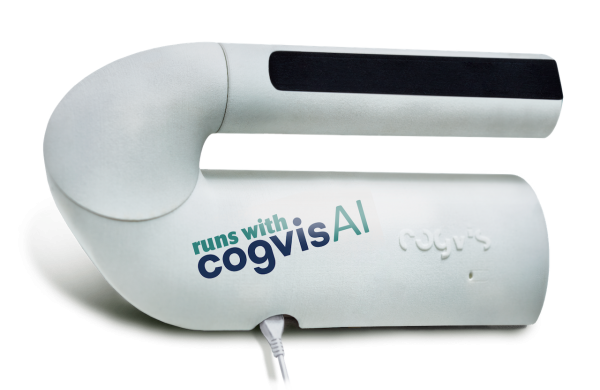
Safety Module
this is the basic module with functionalities like fall detection, bed-exits, access control or smart lighting interfaces, mobile alarm clients, etc.
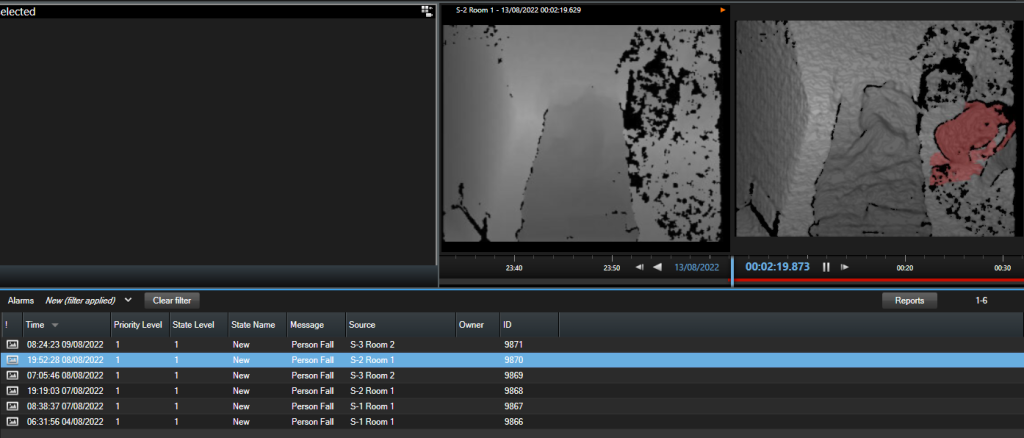
Mobile App
The mobile application is the easiest way to communicate alarms. This way, caregivers receive alarms on their work phone or tablet, and can directly react. If an alarm is forwarded, details like the alarm type, affected sensor and time can be accessed. \nAdditionally, a small image is visible which allows the caregiver to see what actually happened. The alarm can then either be closed or pushed.
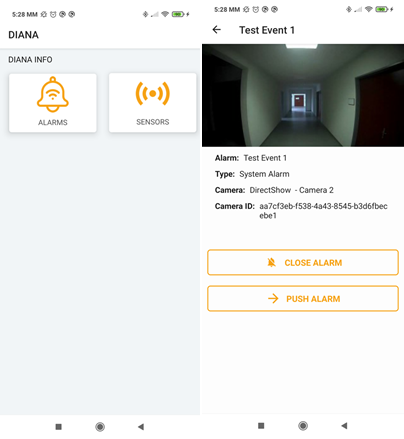
Documentation Module
Methods to visualize walking paths of end-users have been explore within the Analysis & Documentation Module: Heatmaps and individual walking paths allow to analyse and highlight the areas where a user has spent most of the time. Individual walking paths further allow to see the progress of a person\'s walking path. The latter method is suitable for a shorter period of time since too many tracks would be not recognized as individual track anymore.
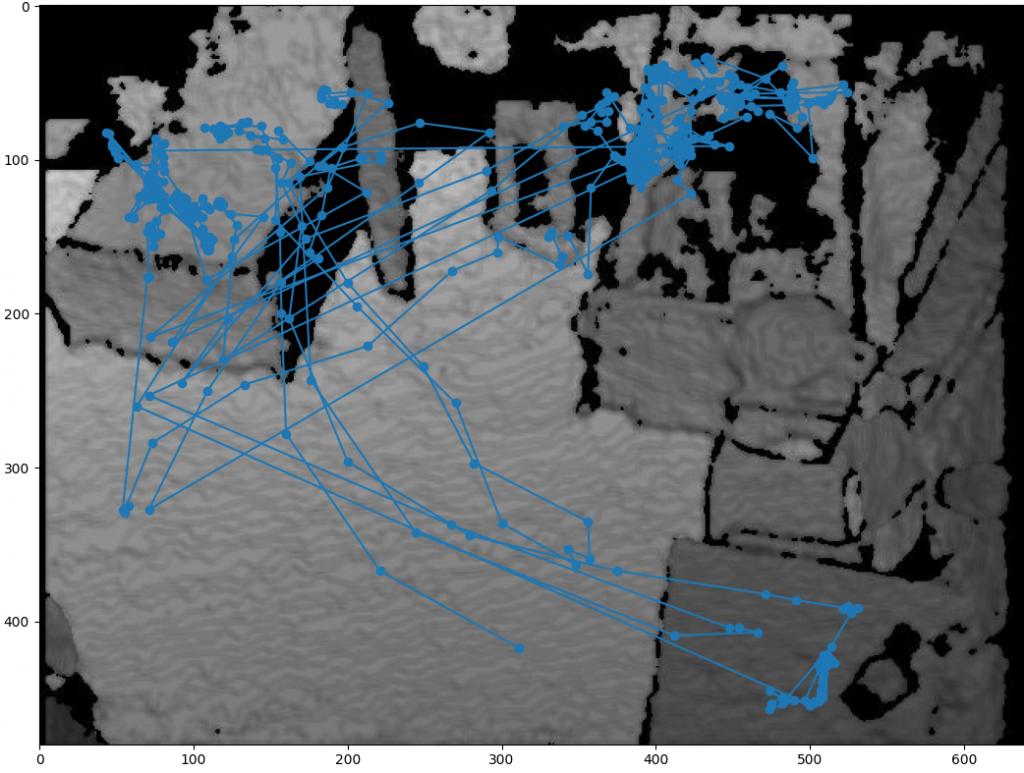
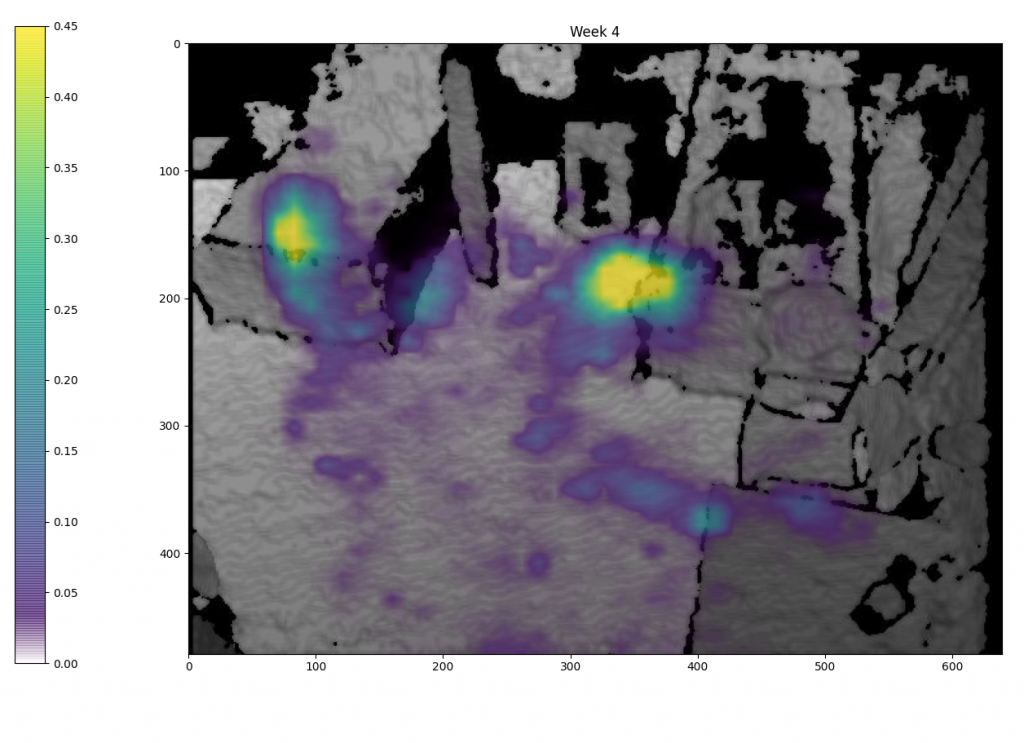
Interaction Module
The Interaction Module aims to identify irregularities in the usage of the toilet and provides step-by-step guidance to assist in this task. Therefore, interaction possibilities with people with dementia have been investigated. Focus groups with secondary end-users helped to narrow down the design options and largely validated the insights gained from the literature review. The modalities selected are a video showing an avatar performing the action and an audio recording giving the instruction verbally.
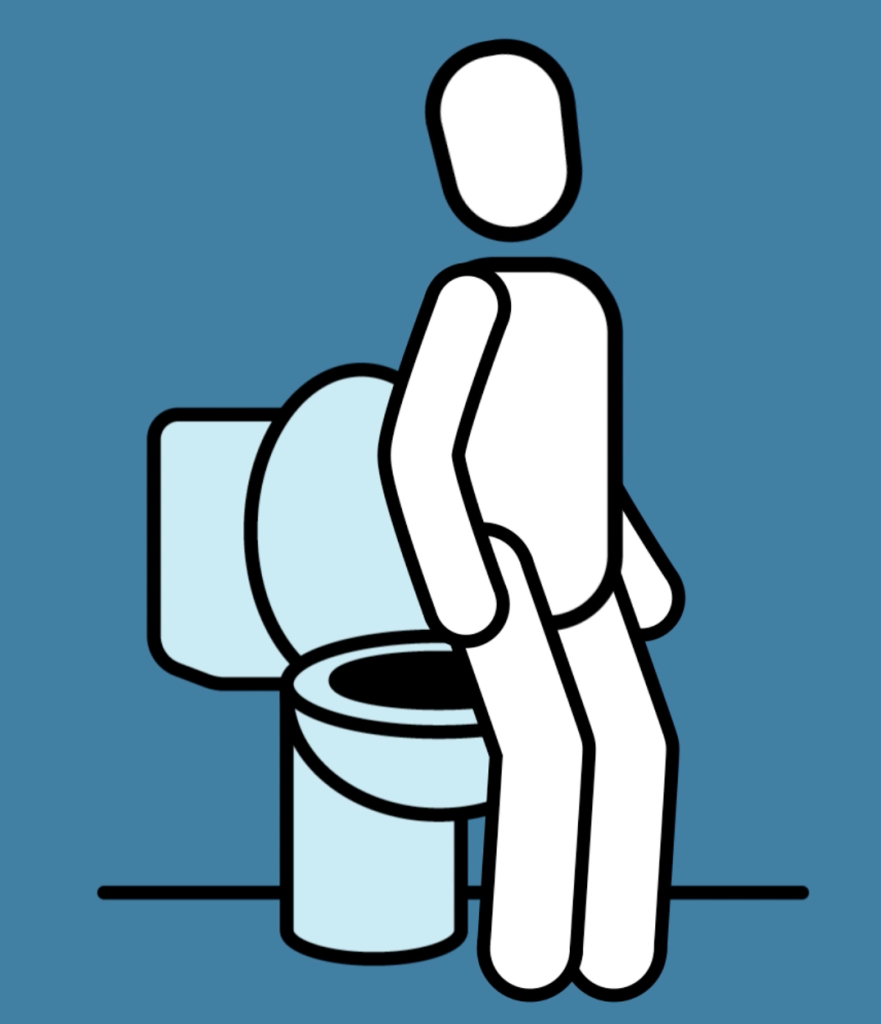
Contact us
Please let us know if you want to learn more about our solution or if you interested in deploying it in your own care organisation!

